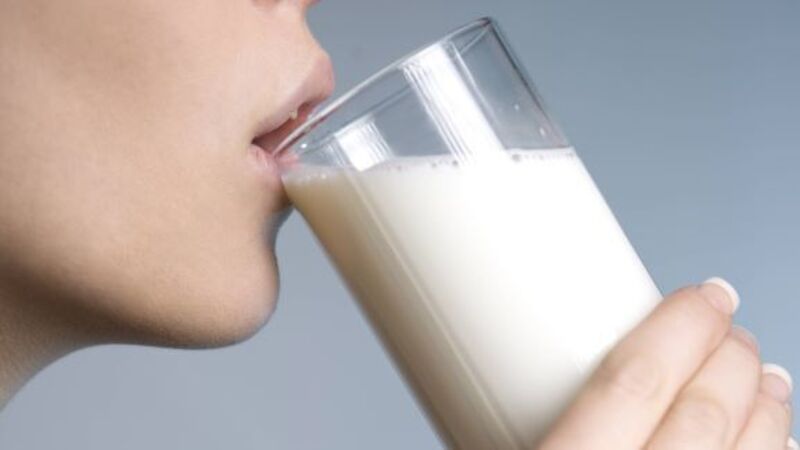Response could be vital for coalition - Falling milk prices

With dairy prices already falling dramatically following bumper grain harvests, effectively flooding the market with an ocean of cheap milk, Mr Coveney admits he is concerned. The picture no longer looks as rosy as it first seemed when the EU decided to put an end to the milk quota system, which since 1984 has greatly benefited Ireland, in the spring of 2015. Ever since that announcement, farmers across the country have been gearing up, investing heavily in bigger herds and new dairy production units with the aim of cashing in on a free-for-all global milk system.
From the outset, the aim was that farmers would replicate the spectacular performance of their counterparts in New Zealand where, under a programme introduced in the 1980s, dairy farmers doubled milk output within a decade and became rich. However, hopes the income of Irish dairy farmers would also increase dramatically are now diminishing.













